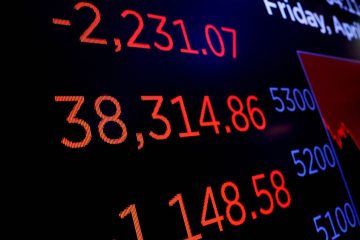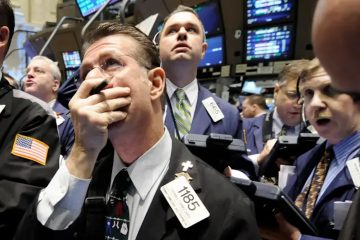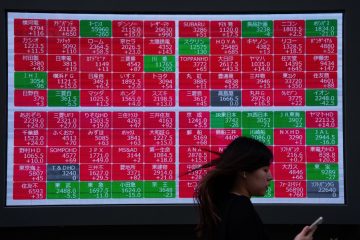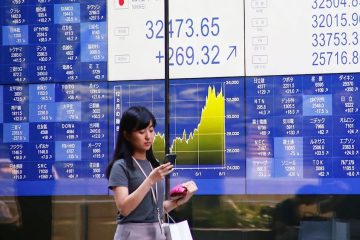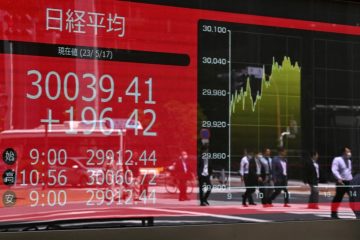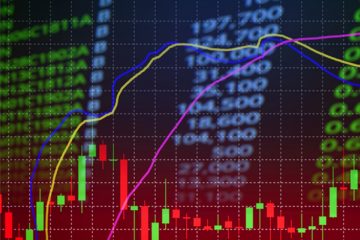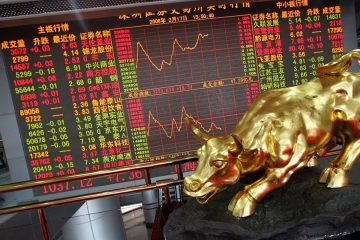Trump pauses certain tariffs, and stocks stage a furious rally.
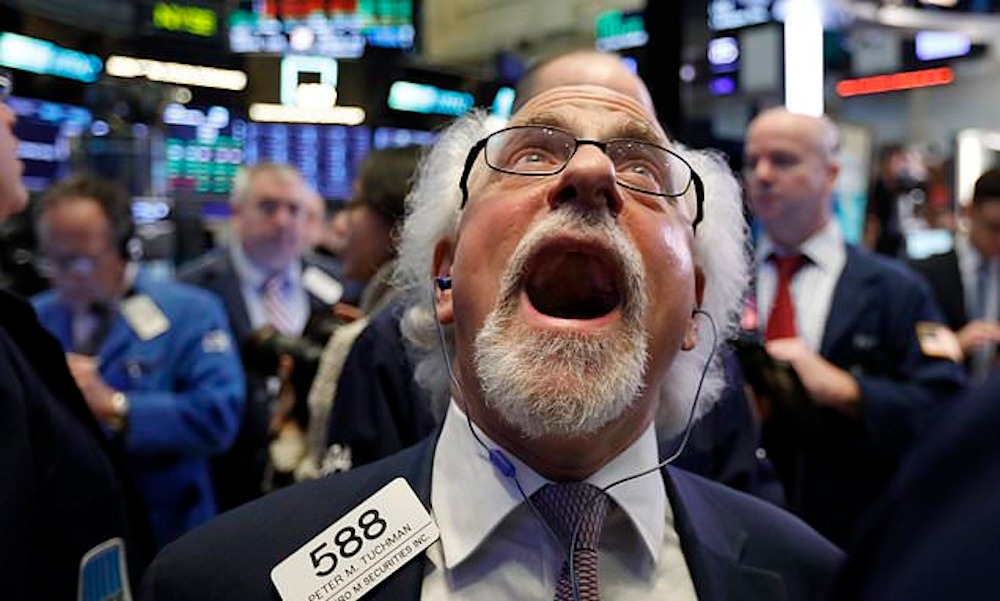
Stocks Experience Significant Surge Following Trump’s Decision to Suspend Certain Tariffs The 90-day respite causes the Dow to rise 2,900 points and the Nasdaq to climb 12% while the China tariff rises to 125%. In a remarkable turn of events, the Nasdaq experienced its most significant single-day gain since 2001, following President Trump’s decision to suspend certain tariffs. The United States has imposed additional tariffs on China while pausing other measures, signaling a shift in the ongoing trade conflict.
U.S. stocks surged on Wednesday following President Trump’s announcement of a 90-day suspension of specific tariffs affecting most countries. The recent shift in the escalating trade war has caught investors off guard, prompting many who were previously retreating to reconsider their positions. The Nasdaq, known for its concentration of technology stocks, surged an impressive 12%, marking its most significant single-day gain in 24 years. The S&P 500 experienced a notable increase of 9.5%, marking its most significant gain since 2008. Meanwhile, the Dow Jones Industrial Average rose by 7.9%, achieving its largest daily advance since 2020. The blue-chip index experienced a remarkable rally, surging by 2,963 points, marking its largest point gain on record, as reported by Dow Jones Market Data.
The market activity commenced just after 1 p.m. in New York, as a post from the president on Truth Social propelled all three major indexes upward within minutes. “Over 75 nations,” Trump stated, “have reached out to discuss a resolution…and have refrained, at my firm recommendation, from taking any retaliatory actions whatsoever.” In light of recent developments, he stated, “I have authorized a 90-day PAUSE, along with a significantly reduced Reciprocal Tariff of 10%, which will take effect immediately.” On Wednesday night, the positive sentiment persisted as stock futures associated with all three major indexes experienced an upward trajectory. In a recent statement, President Trump urged a calm approach, while Treasury Secretary Scott Bessent reassured bankers that the economy is currently in a favorable position. In a recent statement, JPMorgan CEO Jamie Dimon indicated that the economy is likely on a path toward recession.
Trump has implemented reciprocal tariffs affecting nearly 100 nations, with a notable 104% tariff imposed on imports from China, effective immediately. On Wednesday, Beijing announced a significant increase in tariffs on U.S. imports, raising the rate to 84% from the previous 34%. In a recent afternoon update on social media, Trump announced a significant increase in the tariff on China, raising it to 125%, with the change taking effect immediately.
The selloff in U.S. Treasurys is also facing increased scrutiny. The yield on the 10-year note, a critical benchmark for trillions of dollars in loans and securities, peaked at 4.47% on Wednesday before pulling back to approximately 4.41%. This movement followed the announcement of tariff news and a 10-year Treasury note auction that experienced robust demand. The yield has increased by approximately 0.42 percentage points over the last three trading days, as concerns persist regarding the holding of Treasurys in advance of a government auction scheduled for Thursday. The earlier anxiety has led to a significant global stock selloff, evidenced by a 3.9% decline in Japanese equities and a 3.5% drop in Europe’s primary benchmark.

